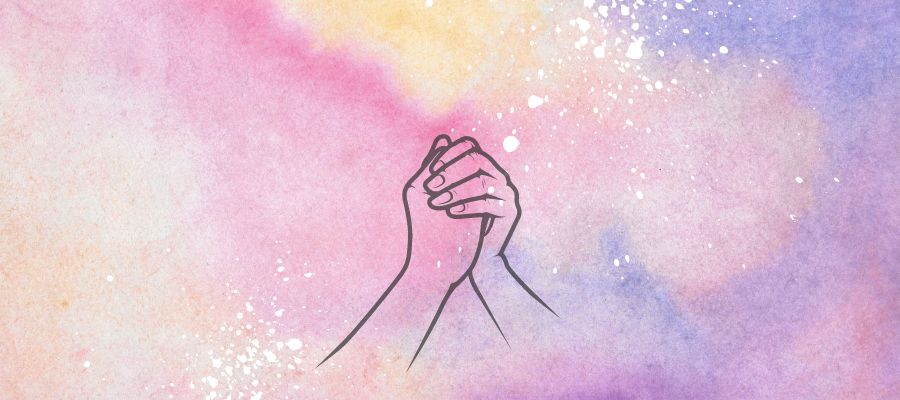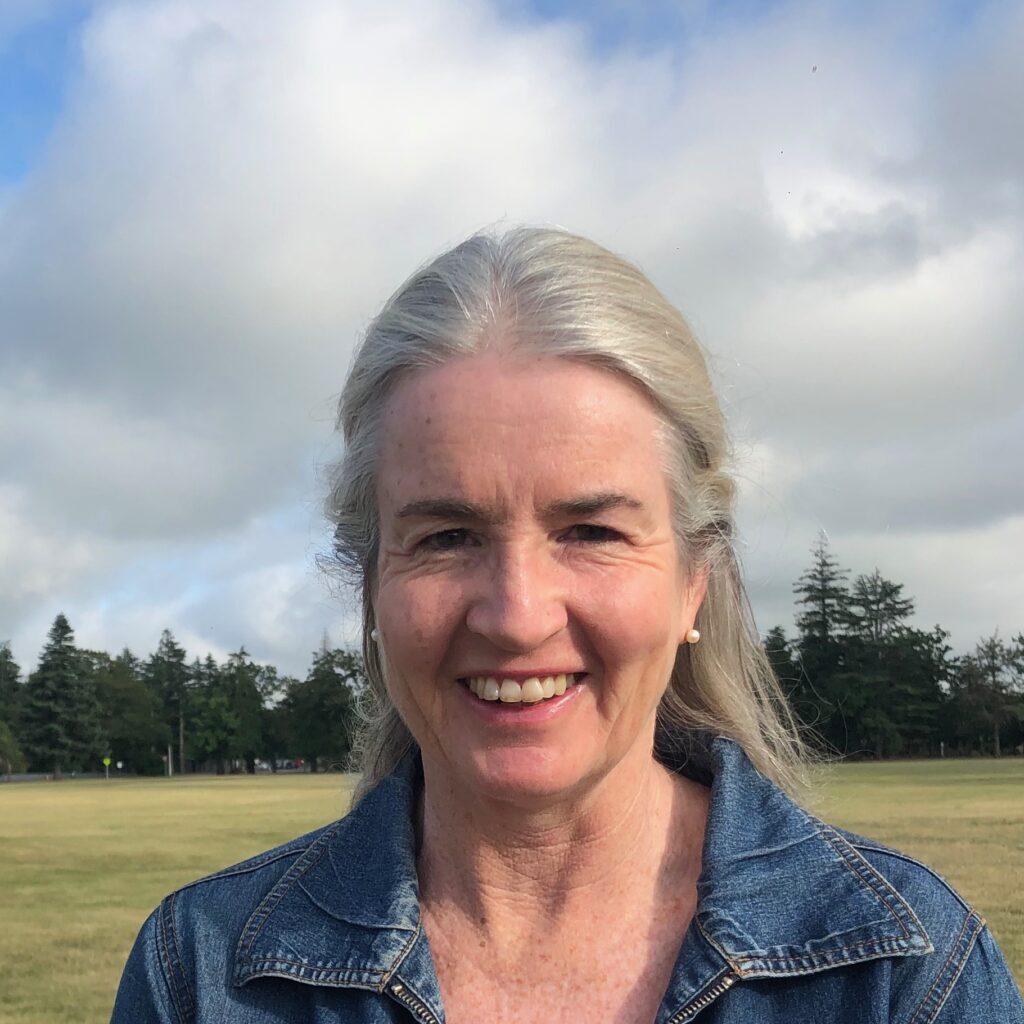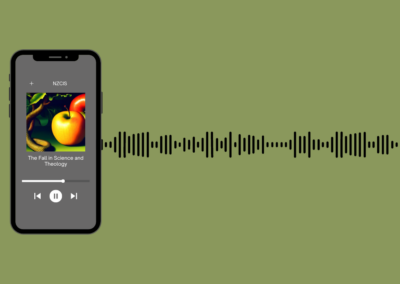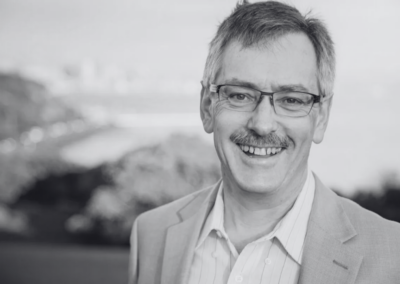
This follows on from ‘Why am I so stressed?? Understand your stress response system’
How do we grow in our capacity to respond constructively to challenges … from a parking ticket, to a deadline, to the massive problems of our world? What does non-anxious living look like, and how do we nurture that?
What, for you, is the alternative to anxiety?
How would you describe being non-anxious?
We want to be intelligent and calm – I do, anyway, because I know that I am happiest and most effective and productive when I am in a place I’d call ‘active peace’. Not a blank blob, but awake and aware and rested and alert.
To be in that place we have to unplug our stress response. Is it possible to feel safe in our own skin, no matter what?
How do we learn to be less reactive … to whether someone texts you back or not, or says something you find offensive or if you get a different mark than you were hoping for.
How might we not get triggered? And when we do get triggered, how do we recover quickly?
Strategy 1: Find non-anxious role models
What does it look like to not react to stressful situations with the stress and anxiety response? Who shows us how to live free of anxiety?
My vote would be for Jesus. I make a decision way back when I was 12 to ask Jesus to be my friend. It sounds corny, but it was real for me and it has been real for me every since. I genuinely do know this person who lived so long ago – through what I read about him, but also through his wairua, his breath, which is in me. And I recognise Jesus as being a non-anxious presence. I get stressed. Jesus does not. He felt genuine human emotion, sadness, frustration, grief and anger, even fear as he faced his own death. But somehow not anxiety. He often found himself surrounded by a hostile crowd and somehow he would slip away quietly, when he was ready to leave. He would look people in the eye and see through their pretensions and bravado, and he was never afraid of anyone. I love that. It gave him complete freedom to be who he wanted to be, to respond fully to what he knew to be true, from his total foundation in the love of the Father. “Love your enemies” is surely Jesus’s most famous and challenging one-liner (Matthew 5:44).
So that would be my first suggestion from a faith perspective: get to know Jesus. Let him form you. You will become a less anxious human being.
Who are role models for you in non-anxious living?
If you have a relationship with Jesus, what does he teach you about fear and worry?
Role models teach us how to de-escalate our perception of threat. Anxiety easily confuses us in 2022 (especially for young people) as our brains can’t tell the difference between a trivial irritation, a minor setback, or something genuinely terrifying. Anything we perceive as negative piles up and quickly becomes overwhelming. The skill of non-anxious living includes finding ways to de-escalate our perception of threat, training ourselves to tolerate the little things … which is exactly the opposite to how social media trains us!
Jesus chose to respond with compassion in the face of fear or attack. We can also do that, and it is amazingly powerful. Choose to respond with compassion, no matter what.
Strategy 2: Find good ways to de-stress – and do them!
Jesus got away on his own when he could. He needed recharge time. So that is my second point – figure out what recharges you and to do it.
We know that physical exercise is really important. Maybe for Jesus too – he did take off up hills when he had his rare alone times, or across the lake. We might not be able to walk on water, but walking beside water is proven to be an excellent stress-release strategy. Or the gym. I do yoga. Or relaxing with friends. Hugs. Massage.
What works for you? Make a list of things which release stress?
Which do you need to do more often?
How do you exercise?
Personally, I find attending worship to be the single best way to let go of my worries and be recharged. It is an amazing thing to enter into the presence of a massive spiritual reality who is overwhelmingly love! Being in that space enables me to de-clutter and re-orient and find that calm base again. Prayer is a way to access that in our everyday lives.
Sleep is really really good for anxiety, but anxiety is really really bad for sleep. So make a priority to unplug stress in the evenings. Personally I don’t watch the news. Or check my emails before bedtime.
Our constant stream of input, pinging phone and web searching and game aps that lead you straight on into more and more … it all feeds your stress response.
Hyper-vigilance is the brain stuck on ‘on’, constantly scanning for possible threats. I encourage you to take charge of that, and give yourself a break, on a regular basis, especially in the couple of hours before you would like to sleep. I’m a big fan of Aeroplane Mode. It’s OK to be unavailable.
What helps you to get to sleep and stay asleep?
What would you recommend to others?
Figure out how to ground yourself and release stress and shut out distractions and let yourself relax. How do you recharge, de-stress, let it go? How do you communicate confidently to your defence system that, it’s OK. I am OK. I can rest. I am grounded. I am safe. Do you do those things often enough?
Strategy 3: Dig Into anxiety – make peace with your past
Our stress response gets triggered by events and our reactions can sometimes be over the top. Why do we over-react? Why do some things really mess with us?
The answer may lie in your past. Psychology is learning more and more about how old hurts shape how we react in the present. Basically, the more traumatic things happened to you when you were a child, the more stressed you are likely to be as an adult. The good news is that we can heal past trauma. Counselling and therapy can be a great tool in living more free from anxiety. New techniques are proving effective at processing old pain so that life in the here and now is happier. I also find that prayer ministry is a wonderful thing.
Some work you can do yourself or with a friend, writing about old memories, or gently trying to dig underneath your stress response to what you are really afraid of. It is challenging but worth it.
Christian faith promises healing and wholeness. Jesus spoke of the truth that will set you free. These are gifts of God and worth going after.
Are you aware of painful experiences from your past that keep fueling anxiety?
How might you address these and seek more healing and wholeness?
Strategy 4: Help others
My 4th suggestion for non-axious living is service. Courageous action in the service of others is one of the best antidotes to anxiety. If you are anxious about climate change, do something about climate change. If you feel alone in your worries, go visit an old person who is probably even more lonely.
The key is figuring out what you’re good at and what you enjoy doing. As a pastor I would say that is a clue to discerning your calling and following your unique path to discover who God has made you to be. Jesus called everyone to lives of service.
It is astonishing how much you can cope with when you know that you are in the right place doing what you are meant to be doing.
Have you found this to be true? Does it reduce your own stress when you do something to help someone else?
If you are anxious about the future in a warming world, how might you get involved in climate action?
Strategy 5: Be thankful
My final point is gratitude. Perhaps this is the best antidote to anxiety. I describe anxiety as internal conflict of competing motivations and risks. A vitally important way to move through our own internal conflicts is to look up and lift it all up and simply say ‘Thank you for this’. Does that make any sense? Why would gratitude be so powerful?
From a theological point of view, saying “Thank you” works because it invites God into any situation. It is the most basic and profound prayer, especially when you don’t feel thankful; to give thanks is to say “this sucks right now but somehow it will be OK”. (Many of the Psalms say this, e.g. Psalm 28.) I trust that there is a giver who has my best interests at heart, even though it seems pretty bleak at the moment. I can thank God for all my emotions and motivations and fears, and trust that it is held in a bigger picture.
Write a ‘gratitude journal’. Find several things every day to be thankful for.
Pull it together – make your own ‘Non-Anxious Plan’
Remember that anxiety makes you less intelligent. It is very difficult to think straight when you are feeling overwhelmed. So we need a plan.
Make a strategy, for what to do when you do get anxious. Write up what you need when you start to feel stressed. Work on this when you are not feeling too anxious. Talk it over with people you trust.
Be specific. Think about:
- what your body needs – a walk, a cup of tea, sleep
- what your mind needs – a break from screens, a rest
- what your heart needs – solitude or people who care about you?
- what your soul needs – nurture your spirit
Thank you for delving into this challenging topic with me.
Ma te Atua koe e manaaki.Kia tau ki a koe te rangimārie o te Atua.
God bless you, God protect you, God give you peace.
What points in this blog have connected with you?
What else have you learned about anxiety that has not been covered?
What questions has this sparked for you?
Write up a Non-Anxious Plan for youself.
Discuss with someone else.
Compassion I choose to respond to difficult situations with compassion
Rest I do the things that help me to relax and recharge
Healing I seek to understand and heal my old wounds
Service I use my gifts to make a difference
Gratitude I choose to be grateful no matter what

The Anxiety Beatitudes
Blessed are the kind, for they shall undermine anxiety.
Blessed are the overwhelmed, for they shall carve out quiet space.
Blessed are you when you stuff up, for thus you learn to be kind to yourself.
Blessed are you when other people crap on you, for thus you learn it is Not Your Problem.
Blessed are you whom Jesus loves, for you shall breathe deep of Wairua Tapu.
I lie down to rest
(written by Silvia Purdie)
I lie down to rest,
and Father Almighty rests within me.
I lie down in peace, and Friend Jesus
stills all fear and holds all pain.
I lie down to sleep, and Gentle Spirit watches over me and mine,|
while stars and cloud, wind or rain,
pass me by,
till morning light and tomorrow day
bring troubles and joys enough.
So here and now I simply breathe
‘Thank you’.
Night Prayers: https://www.conversations.net.nz/night-prayer.html
This blog is part of a series on Anxiety by New Zealand Christians in Science. It was originally presented by Rev. Silvia Purdie as a talk for the chaplaincy team at the University of Canterbury, Christchurch, NZ, for Mental Health Awareness Week, in September 2022.

Silvia Purdie is a Presbyterian minister, counsellor & supervisor, author and climate activist. Read more by Silvia at Conversations: www.conversations.net.nz



